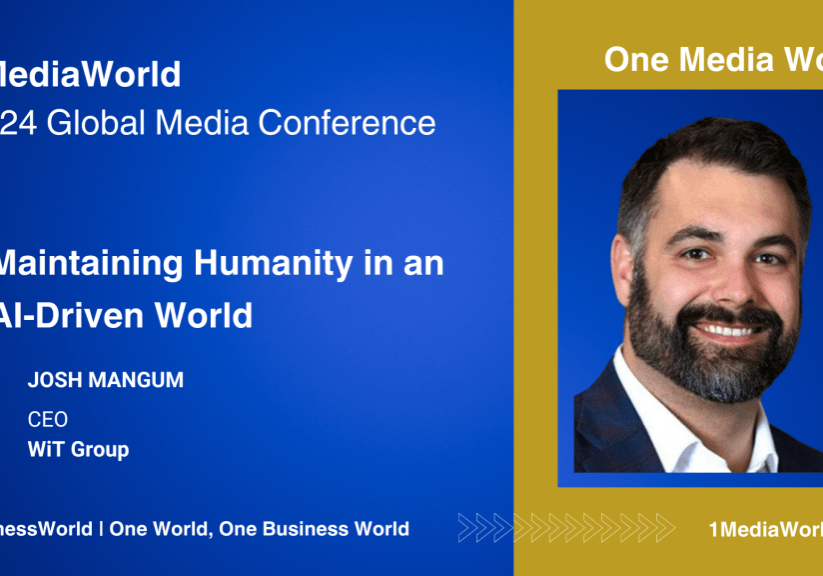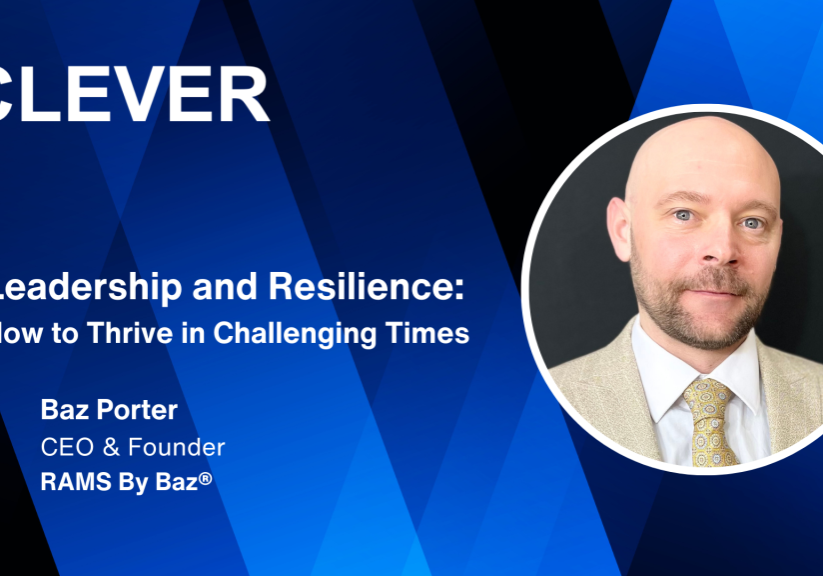
As natural disasters and extreme environmental conditions became more commonplace around the world this summer, scientists pointed repeatedly to a shared driver: climate change.Conspiracy theorists pointed to anything but.Some claimed falsely that the record-smashing heat waves blistering parts of North America, Europe and Asia were normal, and that they had been sensationalized as part of a globalist hoax. Others made up tales that cloud-seeding airplanes or a nearby dam, rather than torrential rains, had caused the unusually intense flooding in northern Italy (and in places like Vermont and Rwanda). The devastating wildfire on Maui this month produced especially ludicrous claims. Social media that racked up millions of views blamed the blaze on a “directed energy weapon” (the evidence: years-old footage not recorded in Hawaii). And as Florida braced this week for Hurricane Idalia, some people claimed incorrectly online that such storms are not affected by fossil fuel emissions.The unfounded claims that now regularly follow natural disasters and dangerous weather, contradicting a preponderance of scientific evidence, can often seem frivolous and fantastical. They persist, however — attracting large audiences and frustrating climate experts, who say the world has little time to evade a global warming catastrophe.The claims can start with blog posts paid for by the oil and gas industry, or from rumors shared among neighbors. Online forums are filled with comments in multiple languages that reject both the science behind fossil fuel emissions and the scientists’ authority. Sometimes, they are amplified by top politicians and pundits — the Republican presidential candidate Vivek Ramaswamy, for example, called climate change a “hoax” during the first primary debate last week.“It’s really one of the worst challenges we have to deal with,” said Eleni Myrivili, the chief heat officer for the United Nations human settlements program.After holding a similar role for the city of Athens, which was threatened by a ruinous spate of wildfires this month, Dr. Myrivili said climate misinformation was “one of the most painful things because it’s like adding insult to injury.”Outright climate deniers are a minority: 74 percent of Americans believe global warming is happening, versus 15 percent who do not, according to a survey conducted in the spring by the Yale Program on Climate Change Communication and the George Mason University Center for Climate Change Communication. However, while 61 percent understand that humans are mostly at fault — the consensus of nearly all of the scientific community — 28 percent say the phenomenon is a largely natural evolution.Experts said the tactics and tenor of climate denial had evolved. For decades, the oil and gas industry spent billions of dollars waging a coordinated and highly technical campaign to influence public opinion against climate science, and then climate action. Recently, conspiracy theorists and extremists have operated in a more decentralized way, generating revenue …












